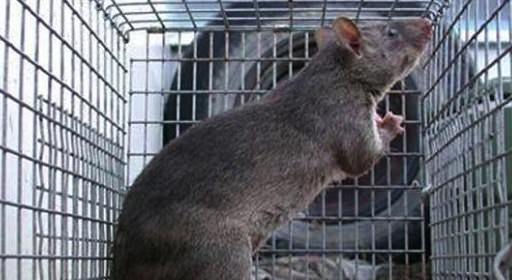Researchers have revealed that rats too show regret, a cognitive behavior that once thought to be uniquely and fundamentally human.
To measure the cognitive behavior of regret, A. David Redish, Ph.D., a professor of neuroscience in the University of Minnesota Department of Neuroscience, and Adam Steiner, a graduate student in the Graduate Program in Neuroscience, who led the study, started from the definitions of regret that economists and psychologists have identified in the past.
As Wired reports, the two decided to create an experiment that should cause rats to have regret, then measured the behavioral and neurophysiological markers that are consistent with regret — a longing for what might have been. They taught rats to go into a contraption called “restaurant row” that had four different sections serving various flavors of pellets at different intervals (for example, a cherry-flavored pellet might come out in eight seconds, while a banana-flavored pellet could take 20 seconds).
Each rat had a threshold based on their taste preference, and Steiner and Redish used those thresholds to see what was a “good deal” and what was a “bad deal,” and what happened when the rat passed over a good deal. The researchers found that when a rat skipped a good deal and went to a bad deal, they would stop and look at the restaurant they had bypassed. “It looked like Homer Simpson going, ‘D’oh!'” Redish told Wired.
Redish doesn’t think the findings should be too shocking. “We’re not surprised by hearts or legs being similar, so why should we be surprised that brain structures and computations are similar?” he said. The results of the observation were published Sunday in Nature Neuroscience. Read an in-depth look at the study at Wired.
Agencies/Canadajournal
 Canada Journal – News of the World Articles and videos to bring you the biggest Canadian news stories from across the country every day
Canada Journal – News of the World Articles and videos to bring you the biggest Canadian news stories from across the country every day



